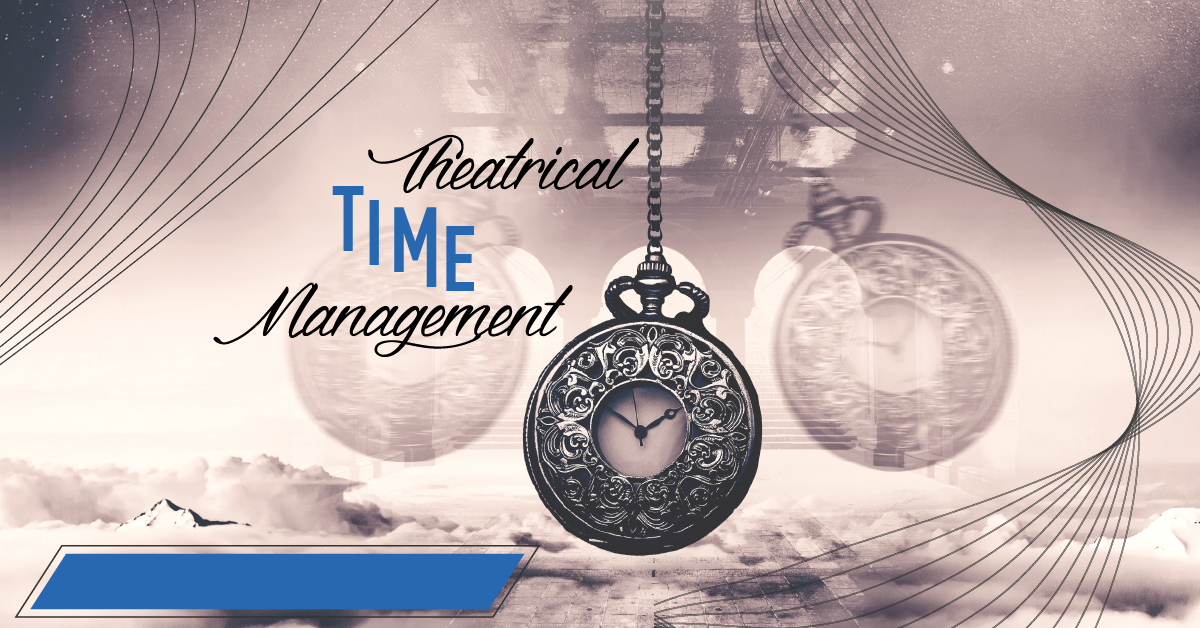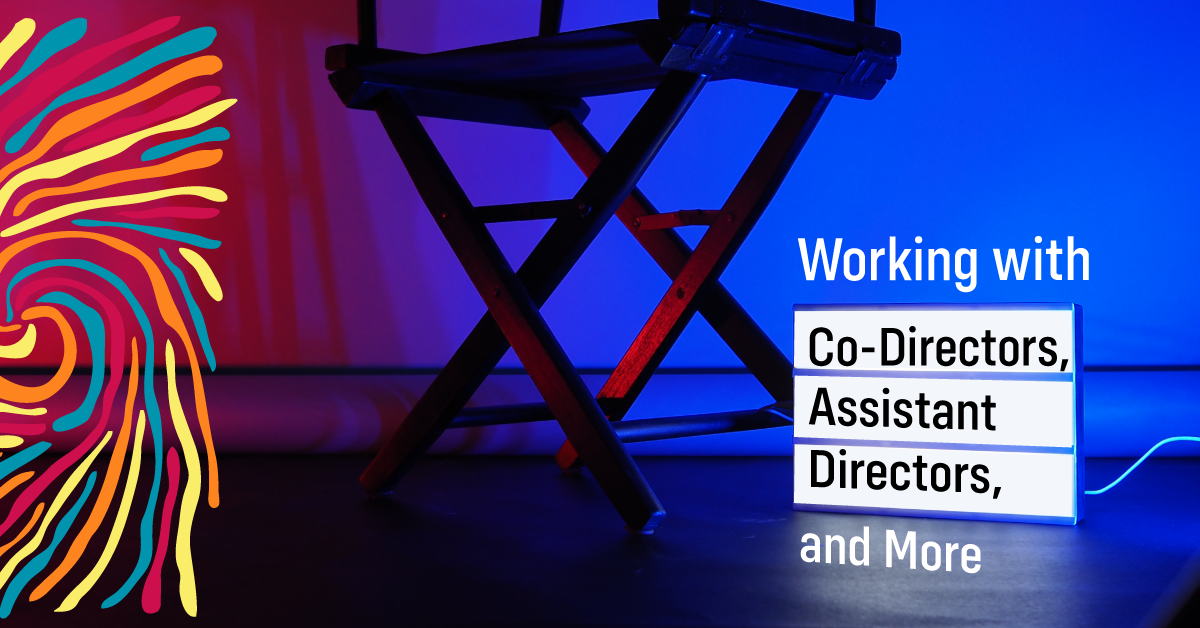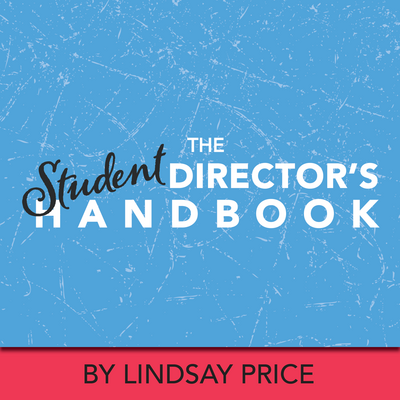What Makes the Best Assistants?
Theatre is such a collaborative art form. As the saying goes, “many hands make light work.” Theatrical production assistants come in many forms. Pretty much any crew member or artistic staff member can have an assistant. In my own theatrical history, I have held a number of assistant roles including: Assistant Stage Manager, Assistant Fight Director, Production Assistant, Assistant Director, and Director’s Assistant (the last two are very different positions, despite their similar titles!).
An assistant’s most basic function is to make the life of the person they’re assisting easier, by helping with various tasks and taking on necessary responsibilities to get the particular job done. Assistants also have the opportunity to grow and expand their skills, by being mentored by and learning from those who have more experience. Today’s assistants might be (and should be!) those people running future shows.
Assistant roles are a great way for new and upcoming drama students to get involved in productions and learn in a hands-on environment.
With this in mind, what makes the best assistant? Here are the three must-have traits of a great assistant.
1. They’re organized souls.
The best assistants know what’s on the schedule and what’s going to be worked on next. They have a list of what needs to be completed and by what deadline. Not only do they have everything important neatly noted (bonus points for colour-coordination!), but they’re always the first to show up and the last to leave.
2. They anticipate their leader’s needs.
The best assistants have the answers to questions at their fingertips and they come up with creative solutions to problems. They also observe their leader and know what to do when situations arise. They get to know their director’s routines and habits, then act accordingly.
The really awesome ones are proactive about helping things run smoothly. For example: During a production I directed of The Little Mermaid, my amazing Assistant Director, Ben, went ahead and typed up a list of students’ entrance and exit locations and posted it backstage for the actors to refer to—without my asking him to do so. He showed it to me, saying, “I know that when I’m in a show, I find this sort of thing useful, so I thought the actors might as well.” Awesome!
3. They know when to speak up…and when to be silent.
There comes a point where the artistic staff members’ brains are so full that they need to just do something (anything else!) to clear their thoughts. The best assistants will help them achieve this—whether it’s by giving suggestions or alternatives, or staying quiet and letting the staff member talk through the issue. Remember, it’s up to the assistant to anticipate the needs of their individual leader. That could involve anything from getting them a coffee, to doing a line run with the actors, to being a placeholder for the Choreographer. I’ve seen all of these things happen before!
Each artistic staff role is different. Each role has different responsibilities and demands. A lighting assistant might be taping down cables, while a Dance Captain is leading a warmup, while the Assistant Stage Manager is calling an absent actor. At the end of the day, an amazing assistant is an extremely valuable person to have around—train and treat them well, and keep them close.
Kerry Hishon is a director, actor, writer, and stage combatant from London, Ontario, Canada. Explore her blog at www.kerryhishon.com.
Related Articles
The Student Director's Handbook
by Lindsay Price
Help students take their show from first audition to opening night with The Student Director’s Handbook. This easy-to-use ebook is full of guidelines, tips and templates designed to help students create a vision, circumvent problems and organize rehearsals on their way to a successful production.
The Rehearsal Companion
by Kerry Hishon
You’ve chosen the play, paid the royalties, done the script analysis, held your auditions, and cast the show. Tomorrow is the first rehearsal. Are you ready? Really ready? The Rehearsal Companion can help!





